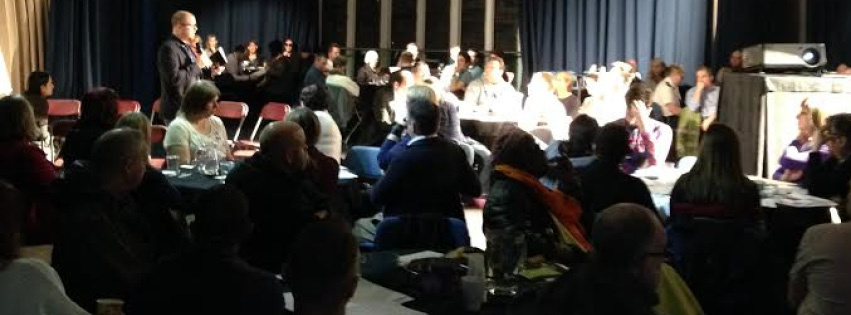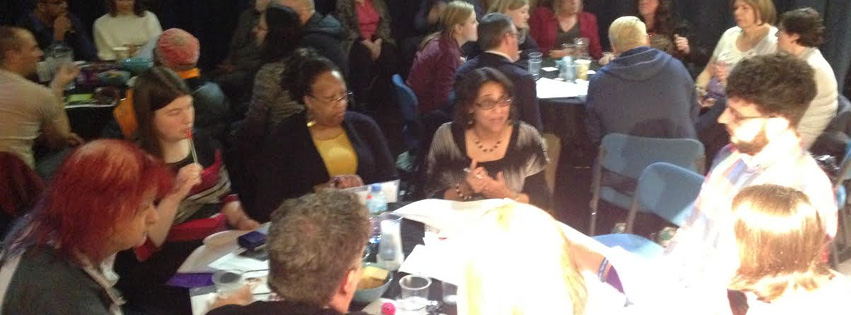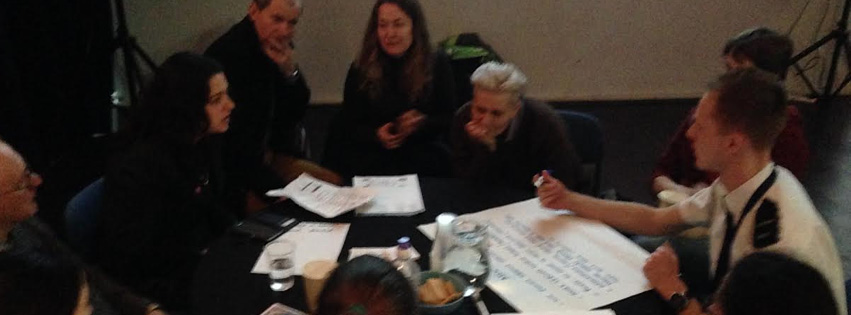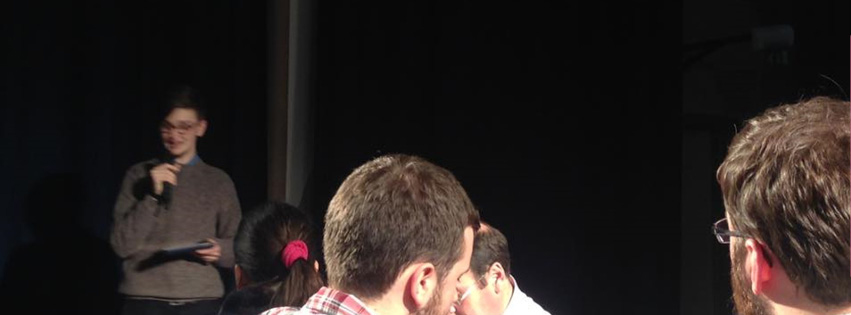Introduction
The passing of equality & same-sex marriage legislation in England, Wales & Scotland were hugely significant turning points in LGBT equality, both in terms of rights, and of the increased visibility of LGBT people. Back in 2014 the LGBT Chief Executives Network, facilitated by LGBT Consortium, produced a national LGBT manifesto and a Trans manifesto was developed by an alliance of Trans organisations (see links below). Leading on from this pioneering work by the LGBT Consortium the LGBT+ Communities of the West of England are working on an LGBT+ Resilience Strategy for this region. Achieving equality for all, including Lesbian, Gay, Bisexual and Trans people, requires more than statements of good it requires radical thinking about the experiences of LGBT+ people, our often differing lives and therefore our differing needs. For decades across continents and within the discourse gender identity and sexual orientation remains somewhat taboo. Despite the fact that our identity helps define and shape us no matter how we define ourselves. In England and Wales the decriminalisation of ‘homosexuality’ in 1967 may seem a distant memory and less relevant in a day and age of civil partnerships and marriage equality where, at least on paper, ‘homosexuals’ have an advantage in so much as they can chose to marry or enter into a civil partnership. The latter currently unavailable to heterosexuals. Yet despite this and the general shift in positive attitudes towards LGBT+ people, the fact remains little is known about the numbers of LGBT+ people, that are our family members and our work colleagues. Indeed many question the need to include questions about gender identity and sexual orientation at all, perhaps not considering the needs of LGBT+ people in for example the provision of domiciliary and residential care regardless of age.
In “Unhealthy Attitudes” A YouGov study into the treatment of LGBT+ people within health and social care services, notes that Trans issues often remain unaddressed sighting, for example, that within training for staff, only a quarter reported that the legal rights of trans staff and trans service users were included. The development of a national LGBT manifesto (later a Resilience Strategy) with clear messages on how service providers and those that commission services can ensure that the needs of LGBT+ people are considered and impacts measured is available. In late 2015, led by the Equality and Community Cohesion Team at Bristol City Council, a meeting of individuals and representatives of LGBT+ groups discussed the possibility of localising the national manifesto (Resilience Strategy), to develop local outcomes relevant and pertinent to LGBT+ people across the West of England. A planning group was formed and regular meetings were held with the aim of hosting an event aimed at galvanising LGBT+ individuals to come to the heart of the LGBT village in Bristol to explore the idea further, using the event to gather their thoughts and opinions on a range of specific predetermined themes, some of which came directly from the national “Our LGBT Manifesto” developed by the National LGBT Consortium in 2014.
What We Did and the LGBT+ Resilience Themes
The national LGBT Manifesto (Resilience Strategy) focuses on four themes relevant to the lives of LGBT+ people; education, wellbeing, safety and access. For example, recommending that gender identity and sexual orientation is emphasised in teacher training, and embedded across the national curriculum as well as in specific Sex and Relationship Education (SRE). The West of England planning group structured the event to include further discussion around nine themed topics, domestic violence, drugs and alcohol, education, hate crime, mental health, policing, Pride and visibility, sexual health, and Trans. Each topic was presented to the 100 plus delegates in a two minute provocative statement followed by a 10-minute discussion with facilitators on each table. To encourage younger LGBT+ people, trans people and LGBT+ people of colour some tables were designated offering support from members of the planning group. A number of specific issues were highlighted under each of the themes with the cumulative key points from each of the tables summarised as follows: This is a summary of the findings of the LGBT+ Resilience Strategy visioning event held at Trinity Community Arts Centre in Bristol on Tuesday 23rd February 2016.
Mental Health presented by Monira Chowdhury
1) Are there any access issues for LGBTQ people in using mental health services? 2) Are there any barriers for LGBTQ people in using mental health services? 3) Are there improvements that need to be made to mental health services? A lack of specialist LGBT+ services and more visible inclusiveness from general services. Specific issues related to Trans access with multiple barriers from a lack of pathways to knowledge of trans issues within services. On-going training and support for specialists.
Hate Crime presented by Alex Raikes S.A.R.I
1. What will make the biggest difference to reporting locally? What would make you report? 2. How can we increase trust in agencies who are there to help? 3. What are your views on Institutional Homophobia? How best can we tackle this? Building trust through education within and amongst agencies is crucial for reporting to be improved. Building capacity amongst other providers of services in a more joined up approach. Institutions build on heteronormative behaviours/ discourse will remain homophobic.
Trans presented by Henry Poultney – Off the Record
The current manifesto speaks of visibility and recognition. Does this go far enough? It is one thing however to be seen and visible, but surely now it is about being heard and understood. How can we make this a reality? What change you want to see in the South West for trans and gender diverse people ? Specialist services not connect such as NHS and Mental Health services. Separate issues from LGB and therefore requires funding to be reflected. Greater visibility of Trans communities at events such as Pride and supporting Trans Pride events.
Domestic Abuse presented by Jaya Chakrabarti
1) How many LGBT people do you know have experiences domestic violence but have not
reported and what needs to change for victims to report crimes?
LGBT+ people need to be assured and reassured that reporting of such incidents are taken seriously.
A focus on men and women in LGBT+ relationships.
Support and care for LGBT+ victims in a climate of austerity.
Sexual Health Presented by Simon Nelson Bristol City Council
1) What are the barriers to accessing current sexual heath prevention and testing services?
2) Considering the future of sexual health services what do you expect of providers?
Heteronormative and cisnormative attitudes are barriers for LGBT+ people, assumptions about sexual behaviours.
Over stretched services with inconvenient opening / waiting times.
Increasing access to preventative resources and home sampling testing / diagnosis provision.
Drugs and Alcohol presented by Bristol Drugs Project
1) What is wrong with the pink door?
2) How can we get you through the door?
3) Do you want us on the scene?
4) Can we help online?
5) What info can we give you?
6) How can we engage with chem sex users?
Getter visibility on and off the LGBT+ scene through active outreach to engagement through social media targeting.
Specialist services and greater awareness training for service providers on wider issues related to LGBT+ people.
Specific campaigns that target LGBT+ people.
Education presented by Michelle Mc Morrow Bristol City Council
1) How do we establish and maintain safe and inclusive environments in education for staff
students and parents / carers?
Creating and ensuring safe spaces for LGBT+ teachers and pupils.
Educating parents as well as teaching staff on gender identity, sexual orientation and other intersectional issues such as race and disability.
A National Curriculum and Personal Social & Health Education PSHE that is inclusive with materials and age appropriate resources available from primary school.
Pride and Visibility presented by Daryn Carter – Bristol Pride
1) Do people feel the LGBT community is visible enough and specifically sexual orientation or gender identity is visible?
Importance of having an annual event to celebrate the contribution of LGBT+ people.
Lack of diversity at Pride with some feeling that Pride excluded specific groups.
Increasing the historic relevance of Pride educating on the continued struggle for LGBT+ equality.
Policing presented by Helen Riddell – Avon & Somerset Police
1) Would you consider a role/job with Avon & Somerset police?
2) If not why not?
3) What could we do to improve that impression?
4) Would you prefer to report a hate crime to the Police or Hate Crime Service?
Issues around institutional homophobia and lack of trust in the police in general.
Greater visibility of LGBT+ officers and staff.
Lack of consistency in the way the police deal with crime more likely to report via hate crime services.
The breadth of responses also highlighted other issues that could not be discussed on the evening however have been noted and will be taken forward by the Steering Group.




